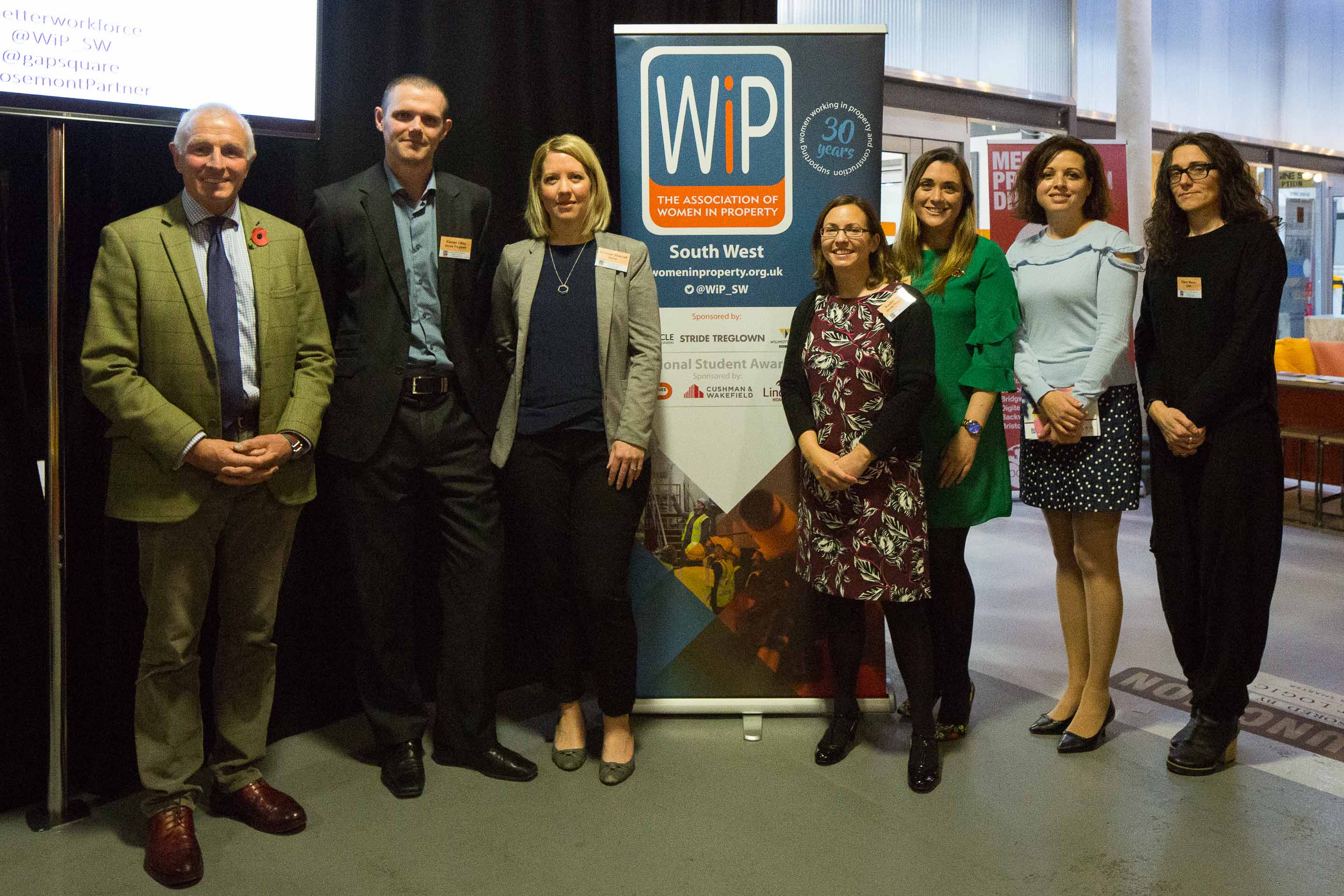The West of England’s property and construction industry must speed up career progression for women and bring in more flexible working practices if it is to create a truly diverse and sustainable workforce, according to new research.
Without doing this it runs the risk of making ‘fake’ progress, the report Building: A Better Workforce, claims. It must also tackle a deep-rooted gender pay gap problem, with women in some roles paid 45% less than men.
Based on a survey of more than 100 women and men in the region, the report tackles the key topics of diversity and inclusion, retention and benefits and education, skills and training in the industry.
It was carried out by professional group Women in Property South West, pay gap specialists Gapsquare and executive recruiters Rosemont Partnership – both based in Bristol – to examine the opportunities for and barriers to, specifically, women in the industry.
The report shows that while employers are starting to embrace more flexible recruitment policies, this is countered by slow career progression for women and rigidity in employment practices and types of role.
Just 12% of female respondents have managerial roles, indicating either overall slow career progression for women, or that women haven’t been able to sustain their career following a break.
The pay gap is also an issue. Office of National Statistics figures show that women are paid less than men in four measurable categories in the industry, ranging from operatives through to management, with a pay gap in building and trades supervisors of 45.4% – one of the highest in employment.
Women in Property South West chair Rachel Bell said: “We need to look at how we proactively attract and keep talent and promote diversity: flexible working, mentors and role models, career progression and training opportunities are going to be vital to maintaining the modern workforce, particularly if we are going to achieve a higher rate of engagement among women.
“While the results reveal that progress still very much needs to be made, we also heard stories about a number of employers, large and small, embracing the need for change and actively introducing flexible working practices that are helping boost retention and productivity.
“We need to use these as inspiration for the industry going forward. There are some great role models out there, we just need them to be more visible. Change can work and is working, but we need to work together to make it happen faster.”
Gapsquare CEO Zara Nanu added: “Women are expected to make up a quarter of the construction workforce by 2020, according to the recent Randstad report. But to achieve that figure, the industry needs to do more.
“This survey is an important benchmark, giving us a current snapshot of experiences, good and bad, and where respondents feel the industry needs to improve, from recruitment through to retirement.
“We wanted to examine why women are still under-represented and how organisations can improve retention and offer practical incentives for women to return after having a family.
“Although the majority of those who responded are women, the survey wasn’t exclusive as we believe many of the issues raised impact both women and men.”
Rosemont Partnership managing director Craig Davidge said that with the UK at nearly full employment coupled with a real skills shortage in the sector, action was critical.
“It’s no longer just about the financial incentive. If you want to attract and keep the best talent, you have to demonstrate that you are a flexible and forward-thinking employer,” he said.
“The winners are those who can offer a positive company culture that encourages a good work life balance.”
The survey also reveals:
Retention and Benefits. Token benefits such as gym membership are of little interest to employees. Training and development and a clear career path are by far the driving forces. But with almost 48% of respondents stating they had not yet received a promotion in their current role, the suggestion is that women are being held in a holding pattern for too long and start to become disengaged, many actually leaving the industry altogether.
While flexibility was cited as the overwhelming attraction to a role, irrespective of age, sex or family circumstances, only 16% of the respondents were in a flexible role at the time of the survey. A large majority indicate they had traditional full or part time roles (79.3%).
Education, skills and training. This is a highly qualified workforce with over 86% educated to honours degree level or masters. Yet those qualifications and expertise aren’t being fully exploited by employers who are losing more than 30% of those questioned after just two years or less.
Mentoring. There is a high level of female role models – with almost 60% of responders acknowledging their presence with the company – but just 12% in a managerial role. It is therefore not surprising that active mentoring at this level isn’t happening because they probably just don’t have the time (74% said they did not have a mentor).
Pictured at the launch of Building: A Better Workforce, from left: David Eccles, EDF Energy; Kieran Lilley, Stride Treglown; Rachael Sherratt, Noma; Rachel Bell, Stride Treglown and WIPSW chair; Natasha Cottell, ISG; Zara Nanu, Gapsquare; Elena Marco, UWE















